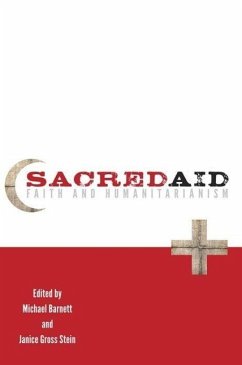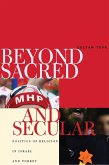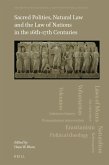From church-sponsored AIDS prevention campaigns in Africa to Muslim charity efforts in flood-stricken Pakistan to Hindu charities in India, religious groups have altered the character of the global humanitarian movement. Moreover, even secular groups now gesture toward religious inspiration in their work. Clearly, the broad, inexorable march toward secularism predicted by so many Westerners has halted, which is especially intriguing with regard to humanitarianism.Not only was it a highly secularized movement just forty years ago, but its principles were based on those we associate with "rational" modernity: cosmopolitan one-worldism and material (as opposed to spiritual) progress. How and why did this happen, and what does it mean for humanitarianism writlarge? That is the question that the eminent scholars Michael Barnett and Janice Stein pose in Sacred Aid, and for answers they have gathered chapters from leading scholars that focus on the relationship between secularism and religion in contemporary humanitarianism throughout the developing world. Collectively, the chapters in this volume comprise an original and authoritative account of religion has reshaped the global humanitarian movement in recent times.
Hinweis: Dieser Artikel kann nur an eine deutsche Lieferadresse ausgeliefert werden.
Hinweis: Dieser Artikel kann nur an eine deutsche Lieferadresse ausgeliefert werden.








